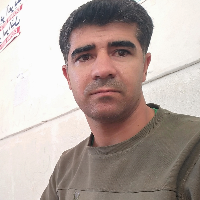Designing and validating the optimal curriculum model of Farhangian University on instructional skills based on Akker’s curriculum model
The purpose of this study was to provide an optimal curriculum model of Farhangian University on teacher’s instructional skills based on Akker’s curriculum model for the undergraduate course in educational sciences. In this study, the method was qualitative and the purposive sampling (desirable cases) continued until data saturation was achieved. The participants are as follow: 14 student teachers were selected (on the highest-grade point average), 4 provincial sample teachers (as experts) and 6 professors of Farhangian University (as curriculum facilitators), and they took part as the informed individuals. Data obtained from semi-structured interviews were analyzed by deductive coding method. Findings showed the following characteristics of Akker ‘s ten elements (logic, purpose, content, learning activities, teacher, resources, grouping, time, evaluation), in addition, two elements (need & content organization) were added to the elements of the optimal curriculum based on educational skills. The proposed model was approved by experts after validation and adjustment
-
Predicting depression based on procrastination and cognitive distortions
Akbar Rezaei Fard, Heidar Aghababa, *, Pardis Rezaei
Journal of Modern Educational Research, Spring 2025 -
Analyzing the underlying factors, barriers to action and the consequences of the presence of Thoughtful teachers from the point of view of the teachers and administrators of Nireez city
Effat Eftekhari *, Sara Asadpor, Morad Yari Dehnavi,
Journal of Teacher Professional Development, Spring 2025


